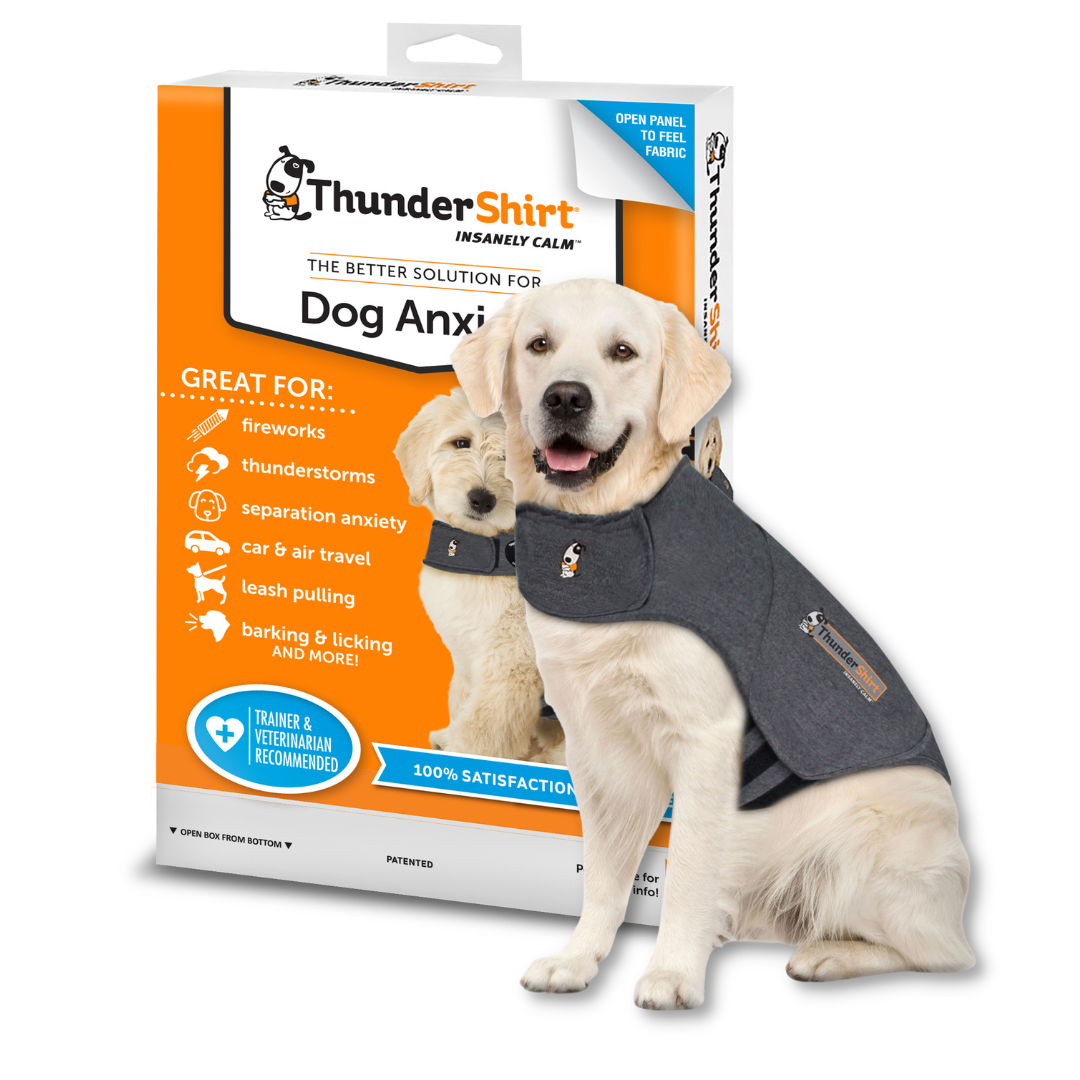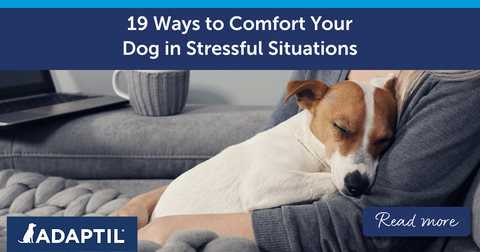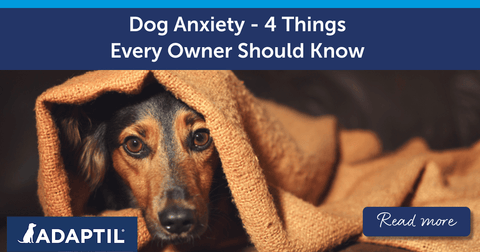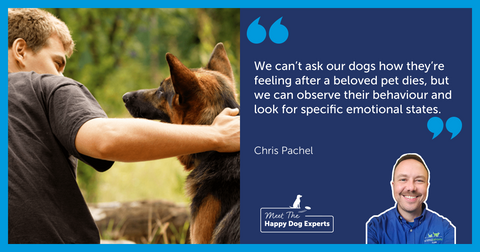Want to subscribe to our blog?
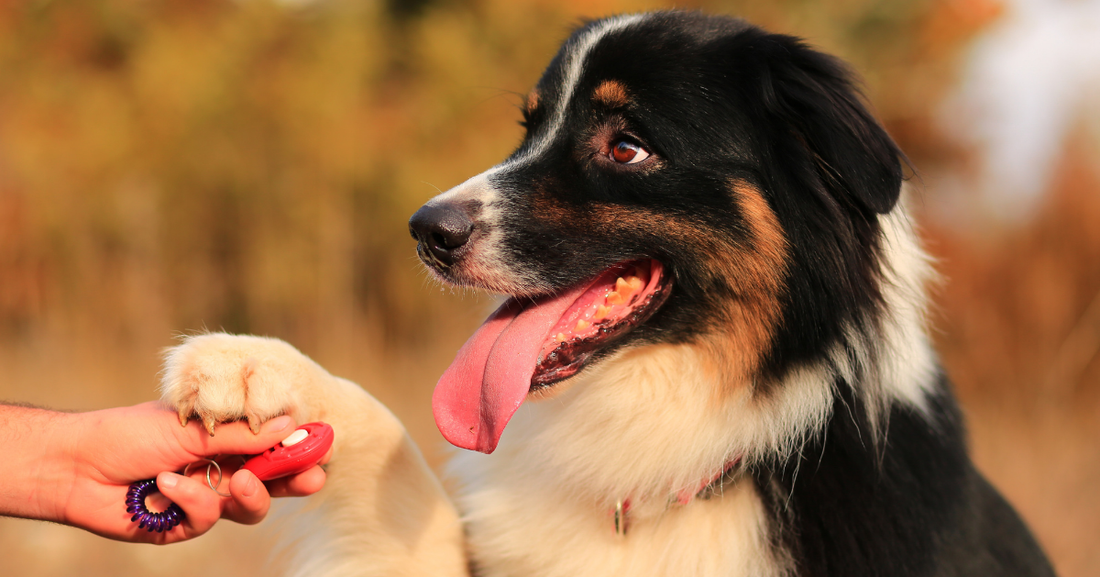
Adopting an Adult Pooch? 10 Tips to Train an Older Dog
Written by Adaptil, published on April 18, 2023
Welcoming a four-legged member into the family is always an exciting time - but there are differences between adopting an older dog and getting a young pup!
An older dog may have spent a reasonable amount of time in a previous home, or living in a rescue centre, so it can take a little time for them to get used to their new surroundings and routines.
There are lots of things you can do to help your adult doggo settle into your home and support their training.
Did You Know You Can You Teach An Adult Dog New Tricks?
Doggos over 7 are generally considered to be senior dogs (depending on their breed), but there are still many happy years to be had with an older dog! Whether you're adopting from a rescue centre or taking on a friend's doggo, giving an older pooch a new home is sure to benefit you both as your friendship grows.
The average life-expectancy of a dog is around 12 years (with smaller breeds tending to live longer than large breeds).
Older dogs already have established personalities and (hopefully!) should also understand some basic cues, such as sit, as well as being house trained. However, as they're in a new home with new routines and different expectations, it's important to support your doggo with some training.
Dogs can actually learn at any age - you CAN teach an old dog new tricks! So although people often associate training with puppies and young dogs, training is important at any age!
In fact, adult dogs can often be easier to train than puppies as they tend to have more self control. Training your dog throughout life also helps keep them mentally stimulated and can further strengthen your bond.
10 Tips To Train Your Older Doggo
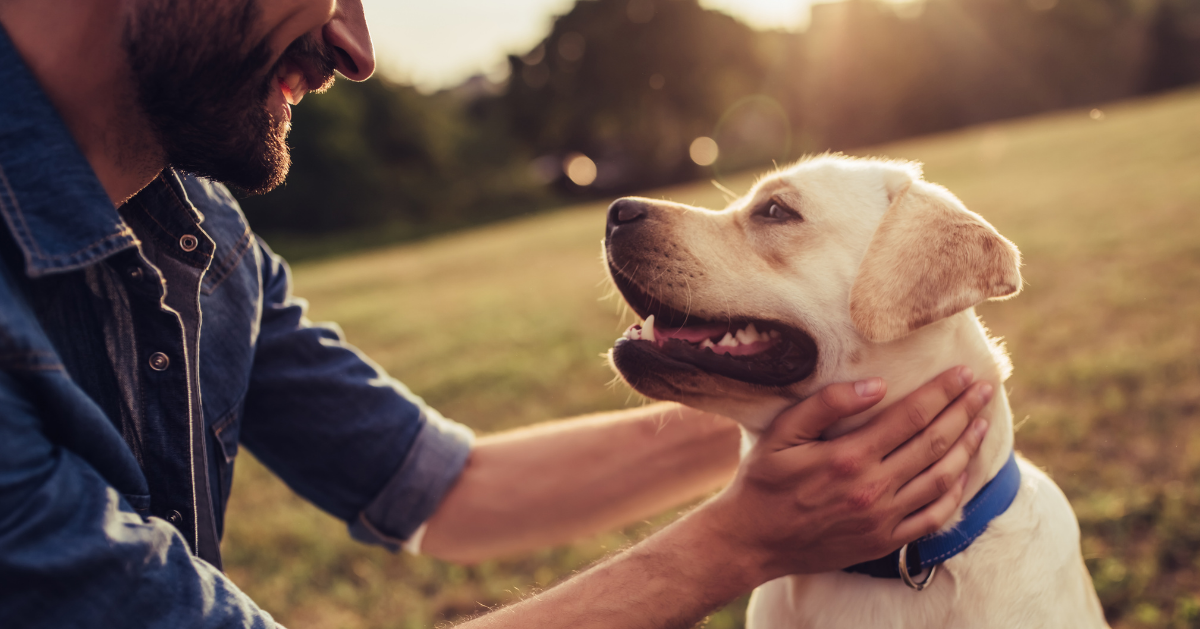
1. Establish a routine and help your pooch adjust
Teaching your pooch when to expect meals, toilet breaks, exercise, play and bedtime is key so that they can start to learn your routine and know what happens during the day. Regular exercise is an important part of this routine; consider your pooch's age and the intensity of exercise they need - ask your vet if you're unsure. More frequent, shorter walks may be more suitable for an adult pooch and you could also consider taking your dog somewhere they can swim as this is a great low-impact form of exercise for your dog.
2. Give your dog time to adjust
Remember to give your dogsome space to get used to their new home. They might want some time in a quiet space as they get used to their new surroundings so make sure that they have an area or doggy den set up in your home where they can go to rest undisturbed. Create a comfy bed with blankets, position water close by and give them some toys that they can play with on their bed.
If you are using a crate, some dogs also like a blanket over the top of their crateto make them feel more secure. It's also worth watching your dog to see if there's another area of the house that they choose to spend time in. This may be their preferred spot and an ideal place for their bed.
3. Support your pooch with ADAPTIL
Wherever you create a den for your doggo, consider plugging in an ADAPTIL CalmHome Diffuserto help them stay calm and adapt to their new home. This will also support them through any new situations that they might encounter at home such as staying alone, loud noises, visitors and fears.
4. Toilet train your dog
Most adult pooches should already have had some toilet training. However, as you welcome them into a new routine, you'll initially want to make it clear to them where you want them to toilet - as you would with a puppy. Take them outside regularly - for example, after eating or drinking as well as after play or exercise. Make sure that you reward them as soon as they have toileted outside. Get to know the signs that they would like to go; these could be sniffing the ground, or turning in a circle, or even moving towards the door - and take them outside, again praising and rewarding them when they perform.
5. Have regular training sessions
Scheduling regular training sessions with your pooch to spend time together can strengthen your bond and help you to understand each other better! 10 minute sessions can work well - and, as for any dog, do the training when both you and your pooch are calm and when there are minimal distractions. Remember that it may take more repetition than with a younger dog to learn new things, but the good news is that your dog will probably have a longer attention span than a puppy, so you should get more time to practice before they become distracted.
6. Consider professional training
Consider taking your pooch to a training class to reinforce some basic cues, brush up on loose leash walking and help your dog to socialise with other dogs and people in a safe environment. If your dog has any difficulties with basiccuesor has behavioural problems, seek advice and support from a qualified behaviourist - speak to the rescue centre that you adopting adog from as they may have a member of staff that can help you. You should also contact your vet in case there's an underlying medical issue.
7. Be patient!
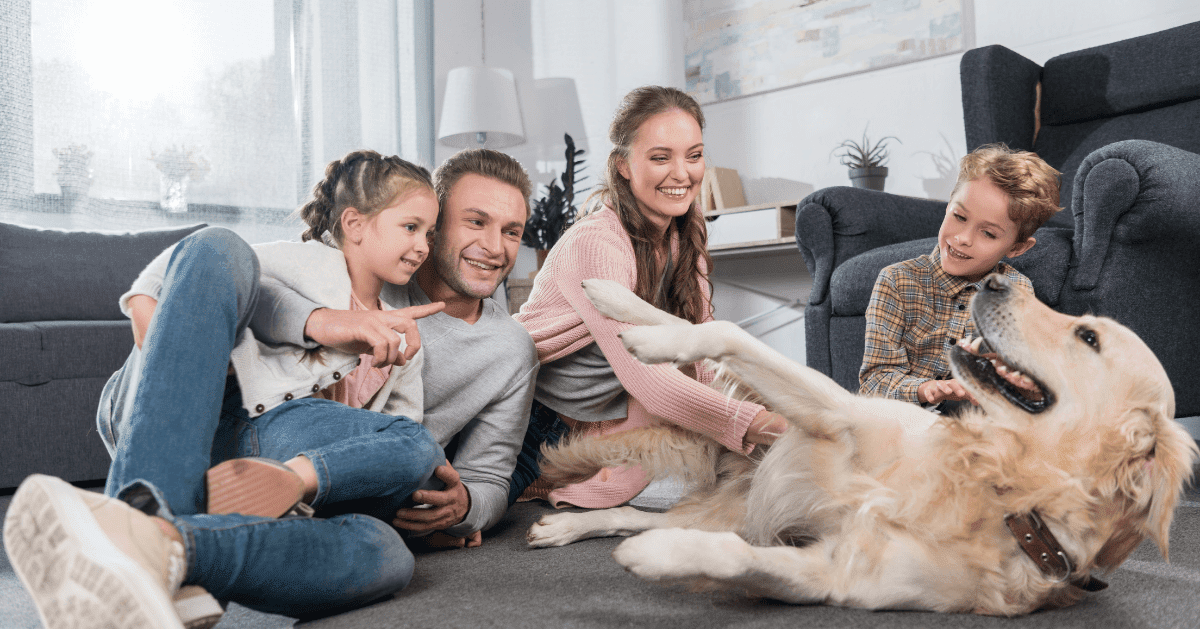
Be patient with your pooch - your new pal might need a few sessions before they learn something new, but be understanding. Repetition is essential. Try training in different places once they have mastered at-home training.
Ensure you're consistent with house rules from the start - everyone in your household also needs to stick to these rules so that your dog can understand the expectations, for example whether they are allowed on the sofa or not. Different rules with different members of the family will confuse your pooch! Make sure that everyone uses the same cue words too so your dog can easily understand how they should act.
8. Never punish your pooch
Using positive reinforcement training is the best way to train your dog and it will help build a stronger relationship between you. Use tasty treats, praise or something special that you know your pooch enjoys, to reward them for good behaviour. This will help them to learn that being good will get positive results. You may need to try different things to find out what their favourite rewards are! The rescue centre, or the person they used to live with, may also be able to shed light on the best incentives for your pooch. But, it's important that you never punish your dog as this will damage your relationship with them as well as confuse them.
9. Mix it up
Training time spent learning new things can be fun for you and your dog so try different training activities with them. For example, introduce a scent gameto get them using their nose! Or, consider filming yourself during training - this can be a great way to see how you're doing but also record your growing friendship, and see how far your pooch has come!
10. Build a bond with your pawsome pal
Building a bond with your adopted adult pooch is particularly important. Remember that they may have been left at a rescue home, or were raised without much attention from previous owners. If possible, find out their background so that you can build a picture; they may have a fear of something, or they may have trust issues that you need to be aware of.
Welcome them into their new home, and make sure you spend lots of time together with plenty of playtime, relaxation, grooming and exercise. This will help strengthen your bond and make them more likely to respond positively to training and regularly reward them for doing the things you ask them to do, such as settling during quiet time, coming whenever called or walking on a loose leash.
Following our expert tips will help to ensure your bond with your dog goes from strength to strength.
Make sure to join our community for weekly advice from our dog behaviour experts as well as product offers and competitions.
 Related Posts
Related Posts
Legal notice The information collected is intended for Ceva Santé Animale and the group in order to manage your requests. This information can be shared with service providers in order to organize their management. In accordance with the General Data Protection Regulations, you have the right to access, rectify and limit the processing of your data. You can also, in certain cases, object to the processing, withdraw your consent and request the deletion and portability of your data. For any request in relation to your personal data, please visit this page.




















